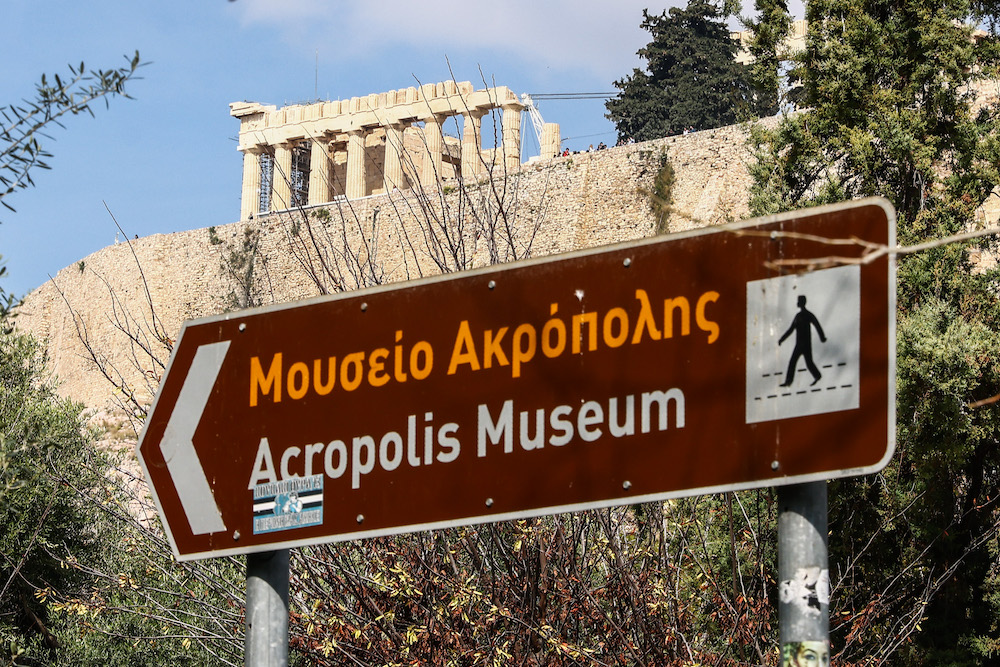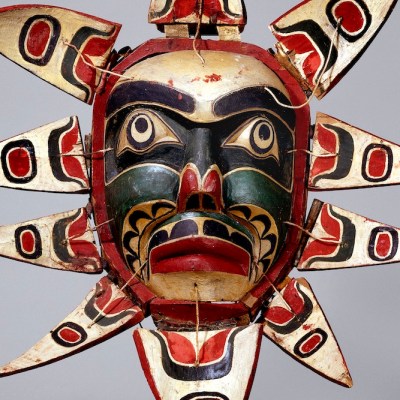Turkey’s top anti-smuggling official said that there was no evidence of the existence of the Ottoman decree (firman) that allowed Lord Elgin to removing sculptures from the Parthenon in Athens. Zeynep Boz made the remarks at a meeting in Paris last week of Unesco’s Intergovernmental Committee for Promoting the Return of Cultural Property. She made the comments in response to a British representative stating that Lord Elgin had bought the marbles legally during the Ottoman era. Boz told the Associated Press on Wednesday, ‘To have remained silent would have amounted to acknowledging the British claim. I had to say: “We are not aware of such a document.”’ Lord Elgin arranged for the removal of the sculptures beginning in 1801. The marbles went on display in London in 1807 and the UK Parliament bought them from the diplomat in 1816 for £35,000. They have been on display in the British Museum ever since. Ilena Stamatoudi, a professor of cultural heritage law who has been advising the Greek government, described the Turkish intervention as ‘a very positive development’. In a statement to Skai TV in Greece, a British Museum spokesman said, ‘The British Museum acknowledges Greece’s strong desire for the return of the Parthenon sculptures to Athens. We understand and respect the deep emotions involved.’
The curator Virginia Brilliant has filed a lawsuit against Edmondo di Robilant and Marco Voena, founders of the gallery Robilant+Voena, which, among other allegations, complains of breach of contract, the creation of a hostile workplace (including the making of ‘misogynistic, antisemitic, racist and homophobic comments’) and going back on an agreement to cover the costs of Brilliant’s treatment for breast cancer. The gallery is also named as a defendant in the lawsuit, in which Brilliant is seeking $3m in compensation plus additional damages and legal costs, reports the Daily Beast, which obtained a copy of the filing. Before joining the gallery in December 2019, Brilliant was curator in charge of European paintings at the Fine Arts Museums of San Francisco, and had worked at the Ringling Museum in Florida, the Cleveland Museum of Art and the J. Paul Getty Museum of Art before that. Robilant + Voena has outposts in London, New York, Paris and Milan. When approached for comment, Brilliant’s lawyer told the Art Newspaper that ‘The complaint which was filed in the New York State Supreme Court speaks for itself. All of the relevant facts are contained in it.’ The defendants have until 3 July to respond to Brilliant’s allegations.
The French artist Ben Vautier, also known as Ben, has died at the age of 88. His family have said that he died by suicide at his home in Nice hours after his 85-year-old wife Annie, to whom he had been married for 60 years, died from a stroke. Ben was associated with the Fluxus movement, and much of his work was performance-based, including smashing pianos, standing in a gallery and shouting until he had lost his voice, or repeatedly ramming his head against a wall. But he is also known for his inscriptive work, including signing any number of objects and declaring them his art. ‘My art will be an art of appropriation,’ he once said. ‘I believe that art is in the intention and that it is enough to sign.’ Among his most famous creations are monochrome paintings of slogans such as ‘What is the use of art?’ and ‘Everything is art’, a credo he lived by. In a statement, the French president Emmanuel Macron said: ‘On our children’s pencil cases, on so many everyday objects and even in our imaginations, Ben left his mark, made of freedom and poetry, of apparent lightness and overwhelming depth.’
A climate activist has been arrested for attaching a poster to Monet’s painting Coquelicots (‘Poppies’, 1873) at the Musée d’Orsay last weekend. The poster was a post-apocalyptic rendering of Monet’s original scene; the activist said in a video that ‘this nightmarish image awaits us if no alternative is put in place’, referring to the effect of unchecked climate change on the planet’s landscapes. The activist is a member of the protest group Riposte Alimentaire, which aims to promote sustainable food production to help combat climate change. The group threw soup at the Mona Lisa at the Louvre in January, but the painting was protected by glass. According to a restoration expert at the Musée d’Orsay, Monet’s Coquelicots, which was also protected by glass (despite early reports to the contrary), has suffered no permanent damage and has been put back on public view. Riposte Alimentaire has said, ‘We love art, but future artists will have nothing to paint on a burning planet.’ The French culture Rachida Dati tweeted saying that such actions must stop and that she had contacted the justice department about imposing a penal policy in such cases.



